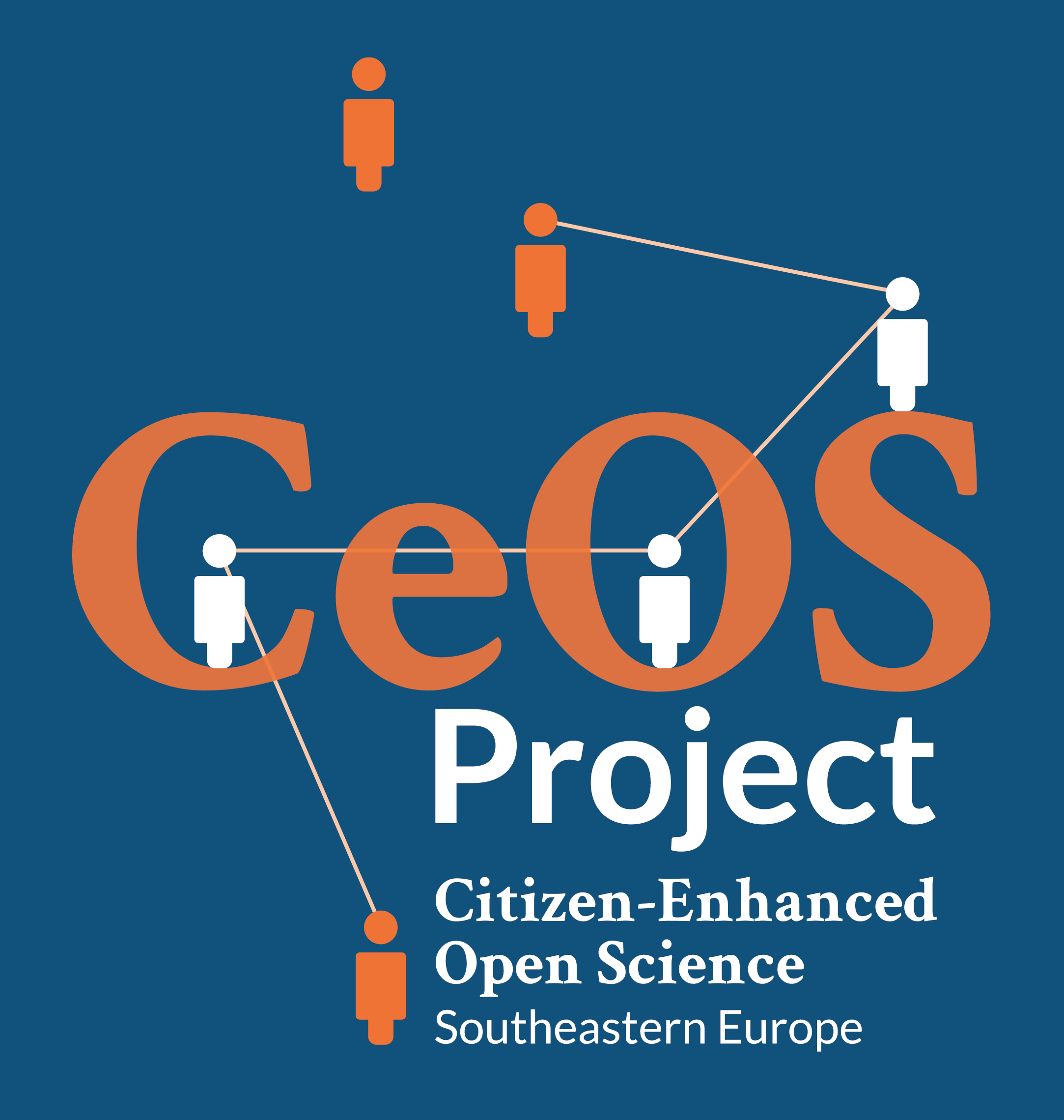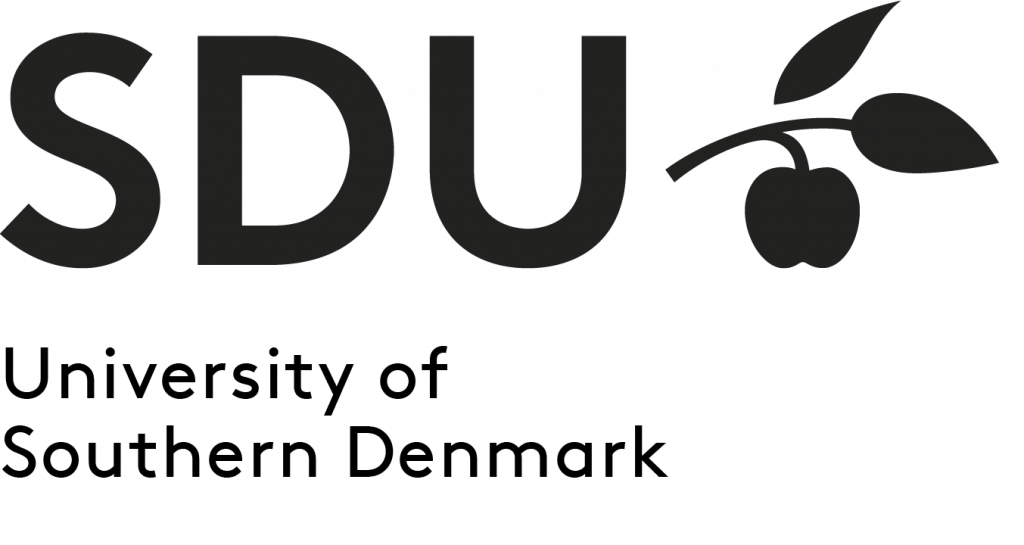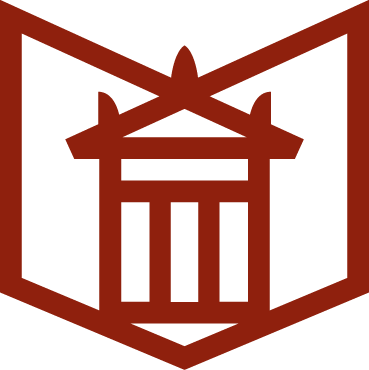Since the League of European Research Libraries (LERU) in 2016 recommended that research institutions (where viable) establish a single point of contact for citizen science at research institutions a lot has happened. Or not… Although some services or ‘hubs’ have appeared, the gold rush of Citizen Science running storm against the ivory towers didn’t materialize. Although citizen science is a golden opportunity for research libraries, very few took the lead.
As part of CeOS_SE we set out to investigate this. The results were used to frame the guidelines for the project, and the main findings were published in Open Information Science, in April 2023.
Mind the Gap
Building on a scoping literature review, a survey with 121 respondents, and an in-depth follow-up survey of 29 research libraries the article outlines the current state and potential of citizen-enhanced open science among European research libraries.
The study shows that a vast majority of research libraries (80-90%) report both a clear understanding of the usefulness and importance of citizen science. Another majority (75-80%) report that the skills and competences are already available. Furthermore, half the libraries reported that citizen science is practiced at their university and, in the other half, that it is likely to happen in the future.
That was the good news. Only a quarter of libraries (26%) reported activities within citizen science, while half (49%) are not involved but are exploring doing so. This gap can be identified in the list of main barriers: A vast majority (70-82%) report a lack of resources, lack of external funding, as well as lack of administrative resources.
In conclusion, a serious gap is present. Most research libraries agree the field is important, but only a few make the effort themselves to fill that void. In the meantime, other university entities are opening hubs devoted to citizen science activities.
And there are other tricky bits.
No One Size Fits All
Citizen-enhanced open science appears to hold much promise. The power of many can potentially solve global wicked problems (poverty, inequity, climate change, fake news). Furthermore, libraries have been at the core of organizing information and knowledge for centuries, actively handing it back to citizens and decision makers for the growth of society and democracy. In the grand scheme of things, organizing or coordinating citizen science does not seem vastly different. The is where CeOS_SE and like-minded projects can set the course by disseminating the ongoing activities to vast citizen-groups and the direction for research libraries.
The arena, however, does present some other tough problems.
The overarching conclusion is this: there is no one size fits all; citizen science is contextual. A research institution in Croatia might be different from one in Denmark, and a citizen science-project in Bulgaria might include other citizen groups or communities than a similar one in Spain. In reality, citizen science projects, their governance and infrastructure, are different, creating the challenges of adaptability seems utterly real.
The gap between the types of research libraries also seems wide. In connection, no obvious pattern emerges between countries, regions, sectors, or even universities that would make coordinated activities plausible and achievable.
Libraries of the Future
This is where CeOS_SE together with other dissemination projects are first movers. Minding the gap, the results and experiences from the project can go a long way and build towards the future. In connection, upon presenting our study to LIBER, an executive masterclass is planned for 2024 to discuss the strategic directions with library executives and mid-level managers who want to kick of Citizen Science in their library.
As our study shows, and as CeOS_SE is a testament to, libraries could embrace citizen science. We have for centuries been collecting and organizing information and knowledge and transferring this back into society. We built infrastructures and taught our learning, and as societies have changed, libraries have changed with them. Citizen science is not much different and at the core of library DNA. Or in the words of Professor Josep Perelló1, who has coined the term Citizen Social Science: “If libraries can loan out books, why not a Citizen Science-project?”
Author: Thomas Kaarsted, Deputy Library Director at SDU Library and Director of SDU Citizen Science
- The quote was said at the Danish Citizen Science Symposium, October 2019. Used with the permission of Josep Perelló, The University of Barcelona.











